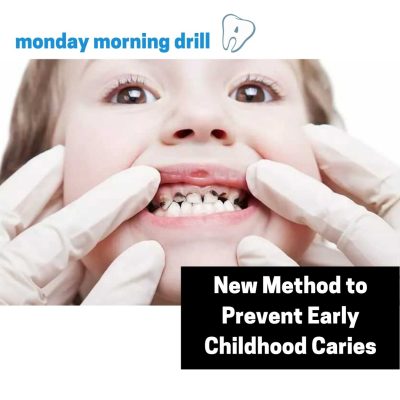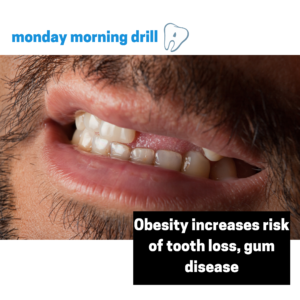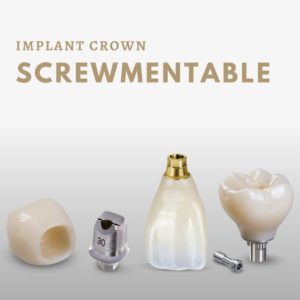The combination of a carb-heavy diet and poor oral hygiene can leave children with early childhood in caries (ECC), severe form of decay. Dental plaque that gives rise to ECC is composed of both a bacterial species, Streptococcus mutans, and a fungus, Candida albicans. The two form a sticky symbiosis as a biofilm, that becomes extremely virulent and difficult to displace from the tooth surface.
Now, a new study by UPenn’s School of Dental Medicine offers a strategy for disrupting this biofilm by targeting the yeast-bacterial interactions that make ECC plaques so intractable. The study used three different mannan-degrading enzymes, to target biofilm growing on a tooth-like surface in a human saliva medium for five minutes. Following the treatment, they noted that the overall biofilm volume was reduced and the pH of the saliva medium was higher indicating an environment that is not as acidic and thus less conducive to tooth decay.
•
While more research is needed, the aim is use this method as another tool for fighting the public health threat of ECC.
•
Click this link to read the full article! http://penntoday.upenn.edu/news/gentler-strategy-avoiding-childhood-dental-decay
•
Check out weekly news and much more for FREE at TheToothBank.org ! We want to help you stay informed and up to date with all things in dentistry.





